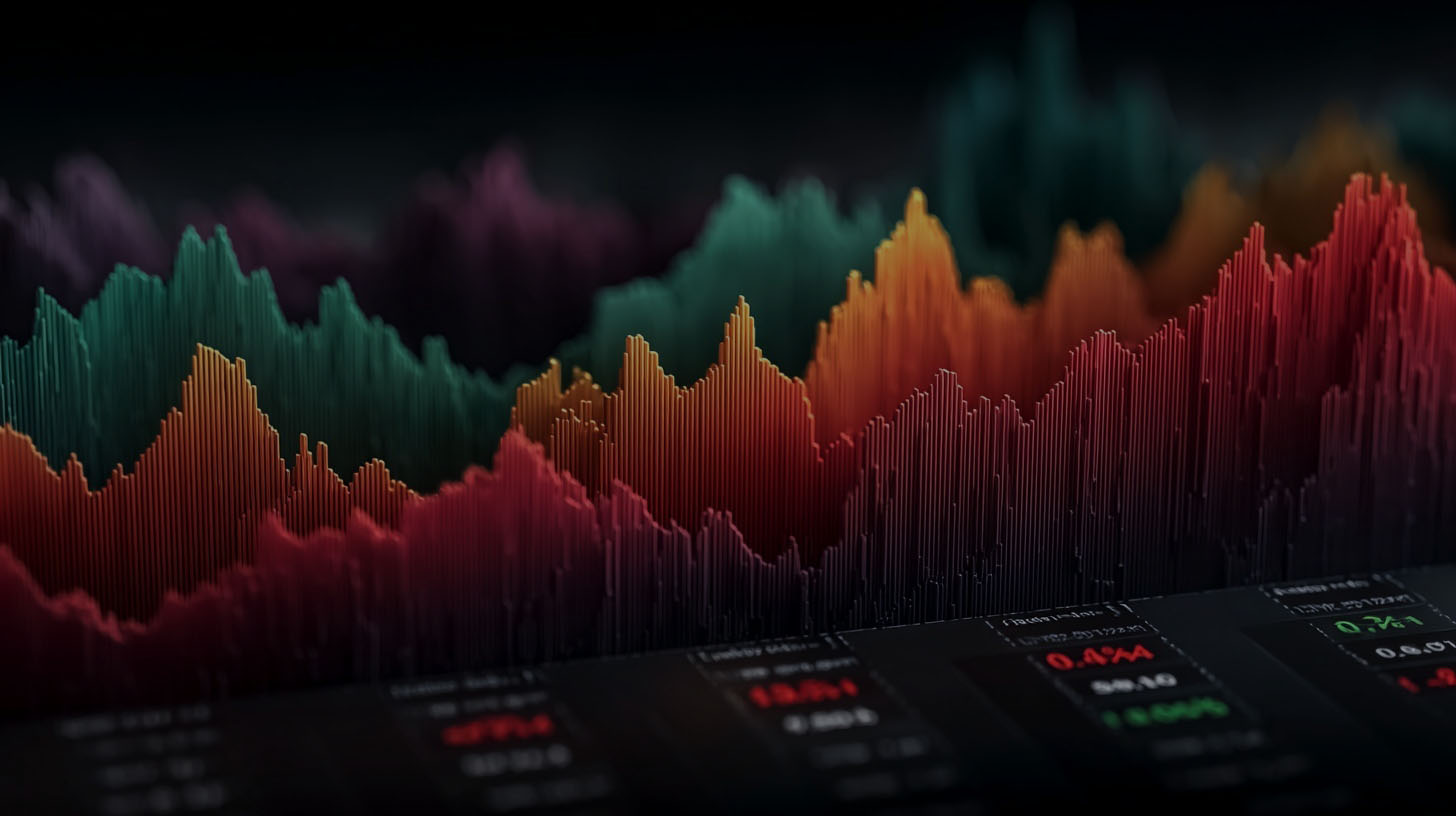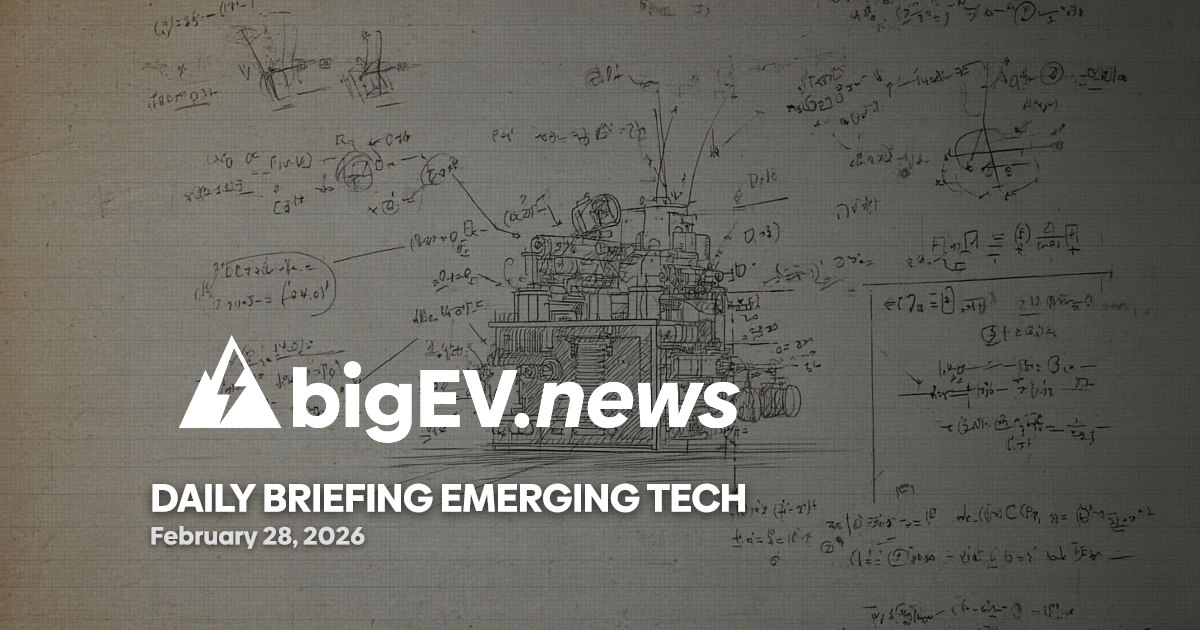Investors recalibrate as global equities rally, central banks signal divergent paths, and major deals reshape the financial landscape.
At a glance – Global equity markets posted robust gains in the last 24 hours, shrugging off the U.S. government shutdown that began Thursday after Congress failed to reach a funding agreement. The pan-European STOXX Europe 600 Index surged 2.87% to record highs, propelled by a rally in technology shares and expectations of imminent U.S. rate cuts. Germany’s DAX advanced 2.69%, France’s CAC 40 rose 2.68%, and the UK’s FTSE 100 climbed 2.22%. In Asia, Japan’s Nikkei 225 gained 0.91% despite political uncertainty, while the yen strengthened as the U.S. dollar weakened post-shutdown. Meanwhile, U.S. pre-market indicators pointed to a cautious open, with investors digesting the shutdown’s implications and awaiting key economic data releases. The mood remains risk-on, but volatility persists beneath the surface as policy signals diverge and macroeconomic data remain mixed.
Technology advance – Japanese technology stocks led regional gains, buoyed by favorable developments in artificial intelligence investment and a positive “tankan” survey showing robust business sentiment among large manufacturers. This optimism was echoed by the announcement of a new AI research partnership between Tokyo-based SoftBank and the University of Tokyo, aimed at accelerating next-generation robotics and machine learning applications. The initiative, unveiled Friday, will focus on commercializing AI-driven automation for logistics and manufacturing, with pilot programs set to launch in early 2026. The move is widely seen as a strategic response to intensifying global competition in AI and robotics, particularly from U.S. and Chinese firms.
Partnerships – In the clean tech sector, Siemens Energy and Abu Dhabi National Oil Company (ADNOC) announced a landmark joint venture to develop large-scale green hydrogen production facilities in the United Arab Emirates. The $1.2 billion project, revealed in a Friday press release, will leverage Siemens’ electrolyzer technology and ADNOC’s infrastructure to supply hydrogen for both domestic use and export to Europe and Asia. The partnership underscores the accelerating shift toward decarbonization in the Gulf region and is expected to position the UAE as a key player in the global hydrogen economy. Industry analysts note that the deal could catalyze further investment in renewable energy infrastructure across the Middle East.
Acquisitions/expansions – U.S. transportation engineering firm Jacobs Solutions announced the acquisition of London-based infrastructure consultancy Mott MacDonald for $3.8 billion in cash and stock, marking one of the largest sector deals of the year. The transaction, disclosed in a regulatory filing Friday, will expand Jacobs’ footprint in Europe and Asia and enhance its capabilities in sustainable urban development and smart mobility solutions. Executives from both companies highlighted the complementary nature of their portfolios, with Jacobs CEO Bob Pragada emphasizing the combined entity’s ability to deliver integrated solutions for climate-resilient infrastructure. The acquisition is expected to close in Q1 2026, pending regulatory approvals in the UK and EU.
Regulatory/policy – The European Central Bank (ECB) signaled a steady policy stance, with President Christine Lagarde stating in a keynote address that eurozone inflation risks remain “quite contained” and that the ECB is “well placed to respond if the risks to inflation shift, or if new shocks emerge.” Headline eurozone inflation accelerated to 2.2% in September, up from 2.0% in August, driven by higher services costs. Meanwhile, the Bank of Japan reaffirmed its commitment to a gradual tightening path, with Governor Kazuo Ueda indicating that another rate hike is likely before year-end if economic and price trends align with forecasts. In North America, the Bank of Canada’s recent rate cut has introduced two-sided risk for the Canadian dollar, with market participants now pricing in the possibility of further easing amid labor market concerns.
Finance/business – Financial sector stocks reflected broader market optimism, with major European and Japanese banks outperforming on expectations of stable policy rates and improved economic sentiment. In the U.S., investors remained focused on upcoming earnings announcements from JPMorgan Chase, Bank of America, and Citigroup, scheduled for next week, which are expected to provide critical insight into credit quality and loan growth trends. Meanwhile, the UK mortgage market showed signs of cooling, as Bank of England data revealed a dip in lending approvals to 64,700 in August, down from 65,200 in July. However, Nationwide Building Society reported a 0.6% rebound in house prices for September, suggesting underlying resilience in the housing sector despite higher borrowing costs. Currency markets remained volatile, with the U.S. dollar index finding support amid data-dependent Fed policy expectations, while sterling weakened on idiosyncratic flows and the Canadian dollar faced downside risk from potential further rate cuts.
Sources: T. Rowe Price, Convera, MarketBeat, SoftBank press release, Siemens Energy press release, Jacobs Solutions regulatory filing









